Treatments
Allander Dental Care offer a wide variety of dental treatments, from general and cosmetic dentistry, to more complex and bespoke procedures.
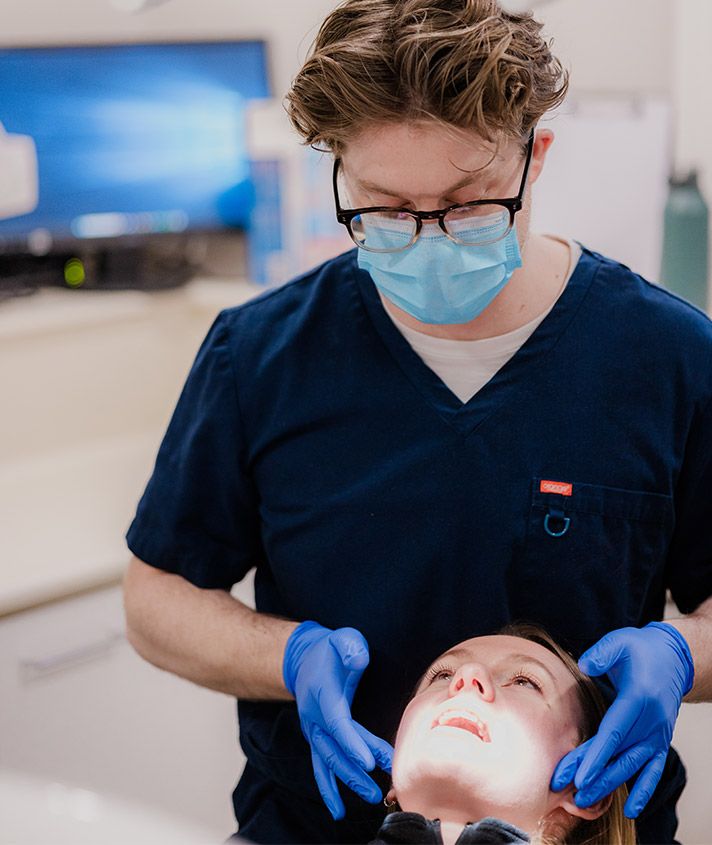
Allander Dental Care offer a wide variety of dental treatments, from general and cosmetic dentistry, to more complex and bespoke procedures.
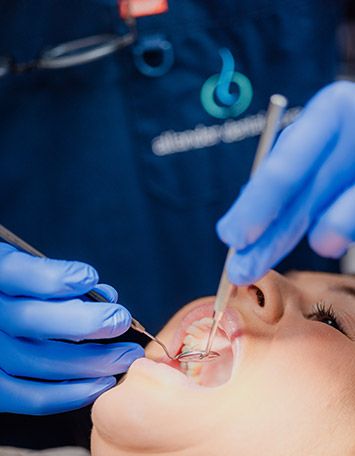
Dental Examinations
by Allander Dental Care
A comprehensive inspection of the health of your teeth and mouth.

Dental Bridges
by Allander Dental Care
Bridging the gaps in your smile wherever teeth may be missing.
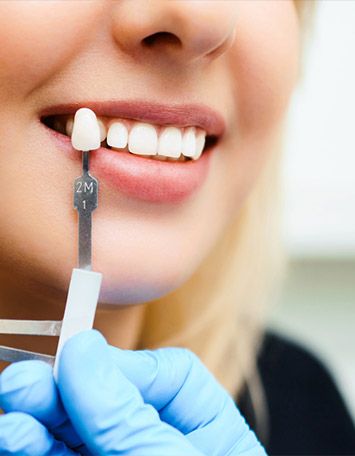
Dental Crowns
by Allander Dental Care
Discreet and effective, a protective cap placed over damaged teeth, restoring the look and the function of the tooth. Ideal for repairing cracks, chips and tooth breakages.

Veneers
by Allander Dental Care
Veneers are thin layers of porcelain made to fit over a tooth. Designed to close spaces, improve colour and also the alignment of your teeth.
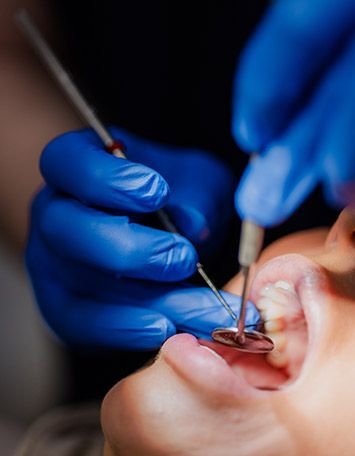
Implants
by Allander Dental Care
Used for anyone who has lost teeth – surgically placed in your jawbone, where they serve as the roots of missing teeth.
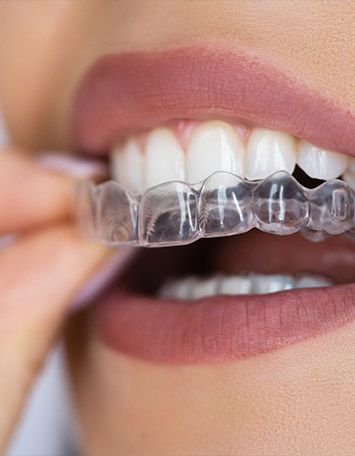
Orthodontics
by Allander Dental Care
Discreet, predictable and lifestyle-friendly, for patients looking to straighten crooked, spaced or crowded teeth.

Facial Aesthetics
by Allander Dental Care
Encompasses various procedures aimed at enhancing the overall appearance of the face and smile.
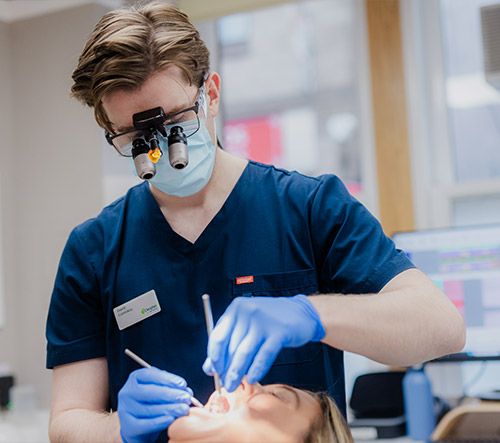
Periodontal
by Allander Dental Care
Building a treatment plan with your dentist and hygienist to manage and control your gum health.

Restorative
by Allander Dental Care
Focusing on repairing or replacing damaged or missing teeth.
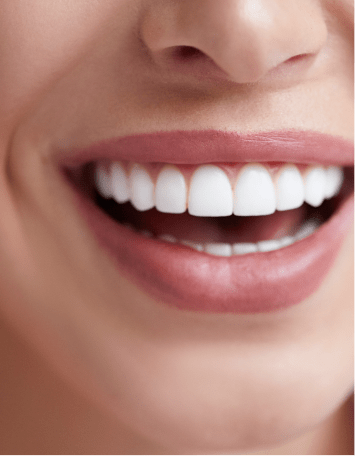
Tooth Whitening
by Allander Dental Care
We can help restore your shine and achieve pearly white teeth so that you can smile with confidence.
